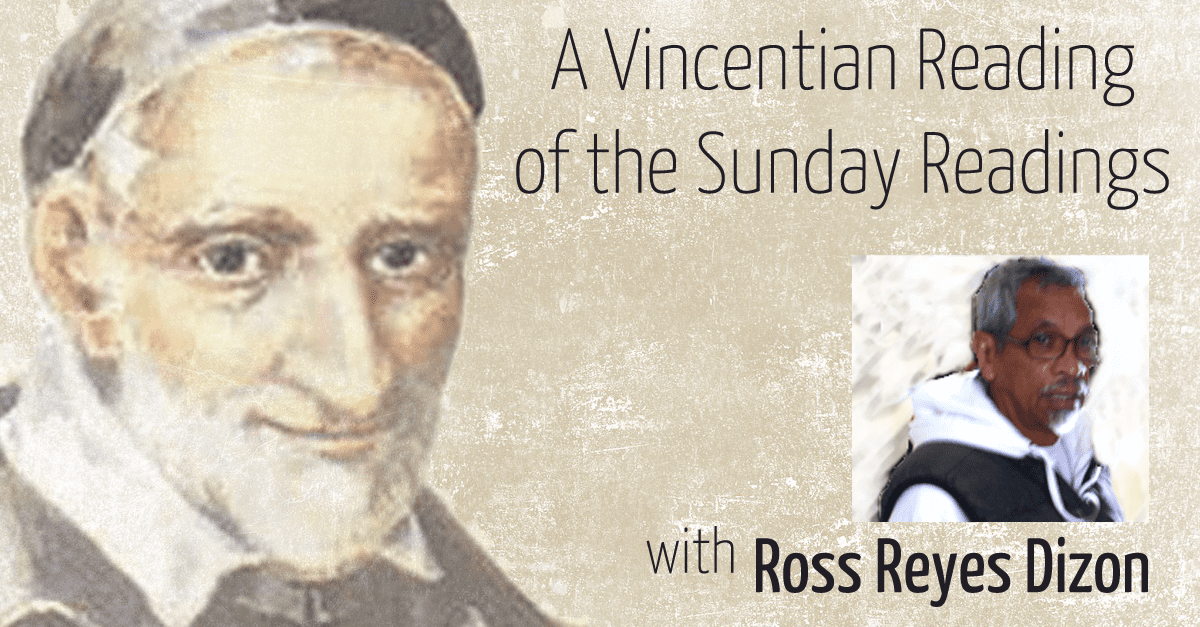Jesus gave himself up for us. Because we break the bread and bless the cup, we keep alive the memory of his love to the end.
The memory of Jesus surely comforted St. Vincent de Paul. That was why he was able to comfort others. He comforted, for instance, a dying Brother (SV.EN XI:129-133).
First, St. Vincent tells the Brother that the first Missionary wants him to be in the mission of heaven. Then, he refreshes the memory of the dying on Jesus saying, “Where I am, there also will my servant be.” He says, moreover, that there is consolation in being among the first to go on such mission. And there, “all the exercises are to love God.”
And this is a matter of grace, says St. Vincent. For the memory alone of human sins, cowardice and unfaithfulness, tells us that no missionary deserves it. So, never mind that the work of the missions here below is as nothing compared with the reward there on high.
It is all due, then, to Jesus’ mercy and goodness that are infinitely greater than human unworthiness and sinfulness. And the memory of such mercy and goodness should not only lead to repentance. It should also bolster one’s trust in Jesus. For he is forgiving, yes, and ready to tell the dying who stands by him, “Today you will be with me in Paradise.” And his forgiveness and love entice one to a more ardent love. It should make every dying missionary say regretfully, “O Beauty ever ancient … late have I loved you!”
Keeping alive the memory of Jesus’ unbelievable love
As St. Vincent and many others see it, Jesus’ love is unbelievable. For one thing, he showed the breadth, length, height and depth of his love by breaking “all the laws of nature.” For though divine, he made himself like us, clothing himself with our very humanity. That was because he badly wanted to win our hearts and souls, our love.
Furthermore, Jesus’ love is hard to believe because of its being inventive to infinity. And, according to St. Vincent, this inventiveness gave rise to the Eucharist. His absence, then, should not cause “forgetfulness or cooling off in our hearts.” For the Eucharist, a celebration in Jesus’ memory, makes him “truly and substantially present as he is in heaven above.” In the Eucharist, too, we eat his flesh and drink his blood. And because this is shocking to many, there is, then, this warning, “Unless you eat the flesh of the Son of Man and drink his blood, you have no life within you.”
Lord Jesus, we bring out bread and wine in memory of you. Make us remember you as the embodiment of the Good News to the poor, the Good News of God’s kingdom. Enable us also to give food to those who need it and to comfort the afflicted.
23 June 2019
Most Holy Body and Blood of Christ (C)
Gen 14, 18-20; 1 Cor 11, 23-26; Lk 9, 11b-17








0 Comments